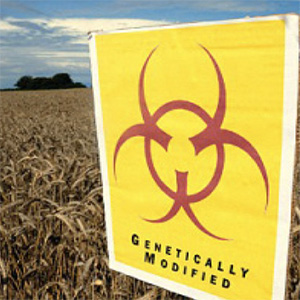Emerging Responses to Genetically Modified Crops in Boulder County
Significant increases in global food production will be necessary in the coming decades to meet rising demand. Compared to conventional and organic agriculture, genetically modified (GM) crops have demonstrated higher yields, reduced chemical pesticide use, and increased farmer profits. These benefits have been observed without significant negative impacts to the environment or human health. Yet all new technologies come with risks, and despite the potential environmental and social benefits of GM crops, communities around the world have been reluctant to accept this emerging technology. The cultivation or import of GM foods have been banned in many countries and the regulatory process in the United States is burdensome. Fewer than 40% of Americans agree that GM foods are safe for human consumption. In fact, the difference between scientists and the general public in their beliefs about GM crops is larger than corresponding gaps on human evolution, anthropogenic climate change, and mandatory vaccinations. While some researchers have begun to investigate the association between public knowledge and support for policies regulating GM foods, further research is needed.
This project was launched to examine the co-evolution of policy making and public perceptions surrounding GM crops in Boulder County. Boulder County is an ideal place to examine the emergence of laws and norms regarding GM technology. In 2016, Boulder County passed a resolution to phase out the use of genetically modified herbicide-resistant crops on county-owned land. This measure effectively banned the use of GM sugar-beets and corn, which were grown on county-owned land at the time that the measure was passed. The Boulder County Cropland Policy allows for the use of new GM crops to be reviewed on a case-by-case basis, and two newly approved crops (potatoes and apples) will likely receive consideration in the coming years. As one expert panelist at a Boulder County hearing expressed, “What happens in Boulder will be regarded as a bellwether, given that Boulder is really the epicenter of the organic food industry in the U.S.").
The research team developed a grant proposal for the National Science Foundation’s Decision Risk and Management Sciences program: Making sense of meat without animals: Evolving media representations and consumer perceptions of cellular agriculture. Amanda Carrico (PI), Pete Newton (co-PI), Max Boykoff (co-PI), Alastair Norcross (co-PI). Submitted to the National Science Foundation in January 2019. Amount requested: $485,000.

